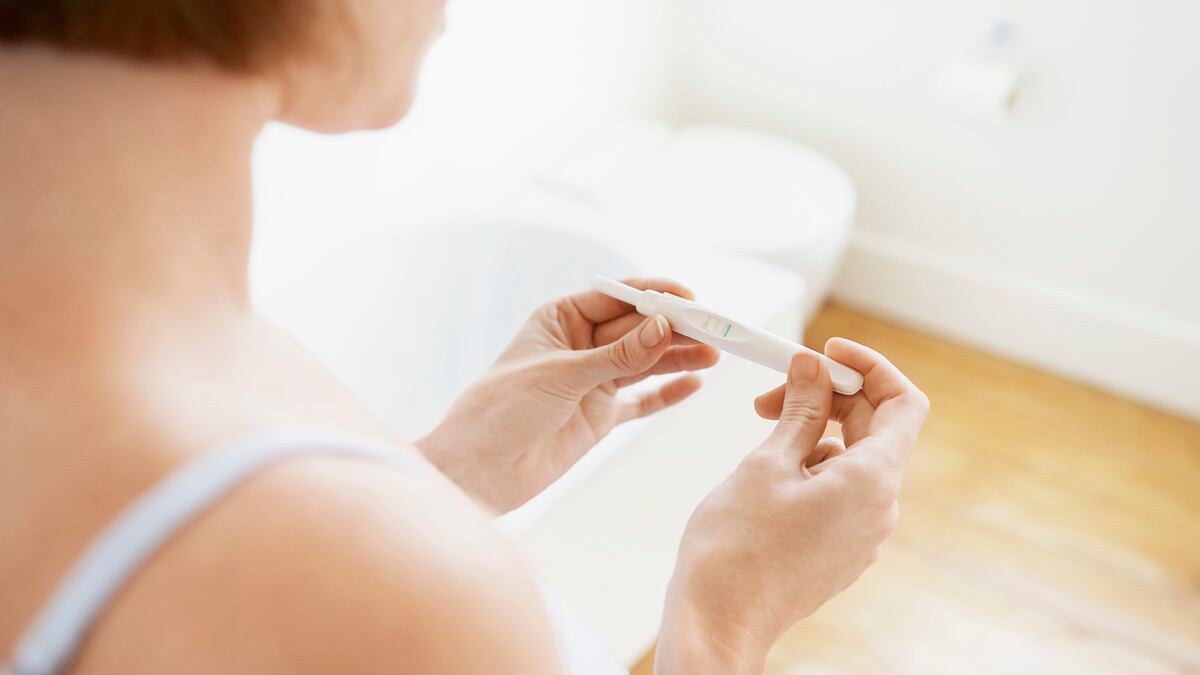First, it was cigarettes.

Then laptops. Then disposable diapers and cell phones in pockets.
There’s no shortage of obstacles for couples trying to get pregnant, and a recent study by the National Institutes of Heath (NIH) has found yet another barrier: chemicals that you’ve most likely already been exposed to, and can’t do much about.
Using blood and urine samples from 501 couples trying to get pregnant, the study found 4 chemicals in women and 9 chemicals in men associated with a longer time to pregnancy, after adjusting for other factors that affect fertility like smoking and age.
The chemicals were associated with a 20 percent reduction in odds of achieving pregnancy each menstrual cycle. That percentage is roughly equivalent to the reduction in likelihood of pregnancy from cigarette smoking.
The chemicals, which include PCBs (polychlorinated biphenyls), are not found in factories or FDA-banned products—they’re in meat, fish, and dairy.
“What is concerning and why we need more research on this is that most of the chemical exposures studied are environmentally relevant,” Germaine Buck Louis, the main author of the study, told The Daily Beast. “They’re a part of modern life, and we’re all exposed to them.”
And initial contact with PCBs and other chemicals that may make it more difficult to conceive can start in utero, and it’s virtually impossible to control exposure to the chemicals: “If you were breastfed, you’ll most likely have some exposure” to the chemicals, says Louis, a director at the NIH’s Child Health and Human Development department. Louis says it takes about seven to 10 years for the compounds in PCBs to be broken down, so there’s little to be done about previous exposure.
So what can struggling couples do to hurdle yet another new fertility obstacle?
“Cut the fat off meat and fish,” Louis says, “and don’t eat the gristle even though it tastes good.”
The study followed couples in 16 counties, largely concentrated in Texas and Michigan, from the time they stopped using contraception to either the date of conception or up to one year after the couple started trying if they were not able to get pregnant.
“There is a bit of good news,” says Louis, who stresses that she and her research team are “extremely sensitive” to the anxiety surrounding conception.
“There is evidence from the Centers for Disease Control that the concentrations of these chemicals in the environment are going down,” Louis says. “Some of the other chemicals studied are man-made and no longer being produced.”
The study is unique in that it focuses on couples before conception, as opposed to just men or women reflecting on their time trying to get pregnant after having conceived or given birth. “It’s truly impressive how helpful couples are,” says Louis, noting that despite warnings from peers the men and women were equally diligent about keeping daily journals and communicating with the researchers. “They did fabulously,” Louis says, “we’re so proud of them.”
And men are playing an increasingly critical role in the science of fertility, Louis says. “There are very few studies that have followed men on a daily basis to look at biking and hot baths and other factors that we speculate affect conception but aren’t sure,” she says, calling for further research.
But for now, Louis says, “the news is not to worry about what you have,” as there’s no way to control the amount of PCBs already compounded in the system.
“Instead, focus on the things you can control. It’s really important to have timed intercourse, to quit smoking, to scale back on fat products or dairy products, although we don’t have evidence that those foods need to be completely eliminated. Move: physical activity is important and helps alleviate stress.”
Despite the seemingly endless stream of barriers to pregnancy, “I really think people are still empowered to do a lot,” Louis says.





